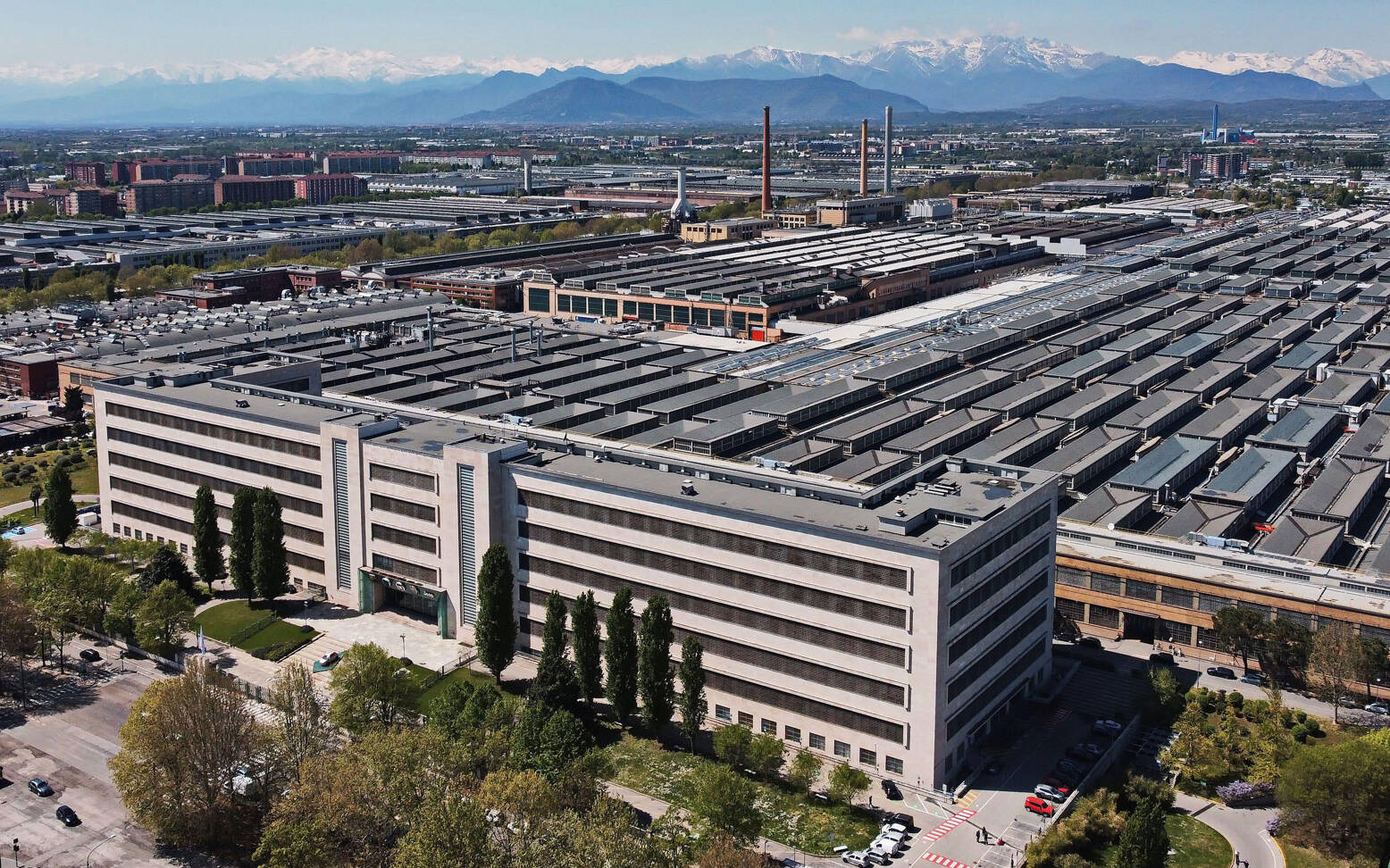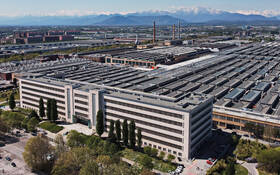Stellantis Details Plan for Circular Economy With New Business Unit
While Stellantis has been criticized by many for not doing enough to address environmental concerns, the automaker does intend to launch 75 fully electric models globally by 2030. In Ontario, a joint EV battery plant with LG Energy Solutions will be built and existing facilities will be upgraded to support this production.
Today, the automaker announced a comprehensive plan for its Circular Economy Business Unit to achieve more than €2 billion (approx. $2.7 billion) in revenues by the end of the decade and help reach carbon neutrality by 2038.
- Also: Stellantis to Spend $3.6B to Transform Ontario Plants for EV Future
- Also: Stellantis Unveils New Inline-Six Engine With Over 500 Horsepower
What is circular economy exactly? Well, in simple terms, you could say it’s the concept of zero waste taken to the corporate level—real sustainable development.
For Stellantis, the plan is based on the 4R strategy–remanufacture, repair, reuse, and recycle. The main objectives are extending the life of vehicles and parts, ensuring that they last for as long as possible, and returning material and end-of-life vehicles to the manufacturing loop for new vehicles and products.

This is demonstrated by a unique conceptual multi-activity family vehicle called Citroën Oli [all-ë] that uses lightweight and recycled materials (the recycled honeycomb cardboard panels can support an adult’s weight and are even stronger than metal, apparently), sustainable production processes, affordability, durability for an extended service life and responsible end-of-life recyclability.
Stellantis’ plan for circular economy will require an expansion of its own operations as well as alliances with key partners and suppliers. In September, Stellantis announced that its leading Circular Economy Hub will launch in 2023 at its Mirafiori Complex in Italy, supporting its cradle-to-cradle business model in Europe. The Hub will host vehicle reconditioning, vehicle dismantling and parts remanufacturing activities, with the scope set to expand further globally.
“Local loops” will help keep products and materials within countries, speeding deliveries for customers, the automaker said. Finally, e-commerce platforms such as B-Parts will support distribution and monetize Stellantis’ efforts.












